Why the New AI Copyright Law Poses a Massive Threat to the Future of Artists in Europe – Act Now!
Why Authors and Musicians Mobilize Now
The current debate over AI copyright is intensifying: the governments of the European Union and the United Kingdom are planning legislative changes that would have far-reaching consequences for the creative professions. In the future, artificial intelligence developers will be allowed to use copyrighted material to train their models, unless the copyright holder explicitly declines. But many creative professionals see this as a dangerous threat to their livelihoods.
All About AI Copyright
AI Copyright Rethought: Criticism Grows – Creative Professionals Demand Real Protection for Their Work
The plans to amend the AI copyright law are motivated by the enormous importance of data for the advancement of AI systems. In order to recognize patterns and correlations, these systems require huge amounts of training material, which often consists of texts, images or pieces of music. The governments’ approach is based on the idea that an unclear legal situation discourages companies from investing in AI technologies. Explicit permission to use data, with an opt-out right, is intended to create an environment conducive to innovation. However, this approach has been heavily criticized because it fundamentally challenges the traditional concept of AI copyright.
From the perspective of the creative industries, it is particularly problematic that the burden of defending against the use of their works rests solely on the shoulders of the creators. As many artists point out, there is currently no effective mechanism for protecting their own works. Examples from the European Union show that even existing opt-outs often remain ineffective because there are neither clear standards nor functioning control mechanisms. With regard to AI copyright, numerous voices are critical, including prominent authors such as Nina George and major associations such as UK Music, that this legislation threatens to expropriate creative work for the benefit of a few tech companies.
Is There a Risk That Creative Rights Will be Lost to Large Tech Companies?
In addition, technical hurdles make it almost impossible to implement an effective opt-out. Works are now distributed across all kinds of Internet platforms, social media, and various channels, making it impossible for individual artists to monitor or prevent every instance of use. Similarly, the inability of AI models to remove individual data sources after training makes effective AI copyright enforcement much more difficult. Experts, such as researchers at the University of Cambridge, are calling for a clear legal foundation that protects copyright and does not rely on voluntary commitments.
The discussion about AI copyright is increasingly becoming a political issue. Many creative professionals warn of the long-term cultural and economic consequences if the proposed regulations become reality. An open letter signed by many prominent artists calls on the UK government to reconsider its plans and instead find solutions that combine innovation and the protection of creative works. At the same time, experts such as Professor Diane Coyle warn that without binding transparency and licensing standards, trust in AI technologies could continue to erode.
The New AI Copyright: What New EU Plans Mean for Music, Art and Literature
What remains is the recognition that AI copyright is not only a legal issue, but also a social one. The protection of intellectual property symbolizes the value that a society places on creativity and individual achievement. Given the rapid development of artificial intelligence, how Europe and the UK strike this balance will be crucial to ensuring that innovation is not driven at the expense of entire industries and creative livelihoods.
How do you see developments in this area? Obviously there are a lot of interesting things to discover, including some very cool AI tools that help in all sorts of areas. Do we want to improve these tools, i.e. continue to train them – and would that only work with proprietary material? Or should we abandon the innovations of recent years and rely more on our own expertise?
Further information
- Trump vs. EU on AI copyright
- More AI News
5 responses to “Why the New AI Copyright Law Poses a Massive Threat to the Future of Artists in Europe – Act Now!”
You are currently viewing a placeholder content from Facebook. To access the actual content, click the button below. Please note that doing so will share data with third-party providers.
More InformationYou are currently viewing a placeholder content from Instagram. To access the actual content, click the button below. Please note that doing so will share data with third-party providers.
More InformationYou are currently viewing a placeholder content from X. To access the actual content, click the button below. Please note that doing so will share data with third-party providers.
More Information
 3,7 / 5,0 |
3,7 / 5,0 | 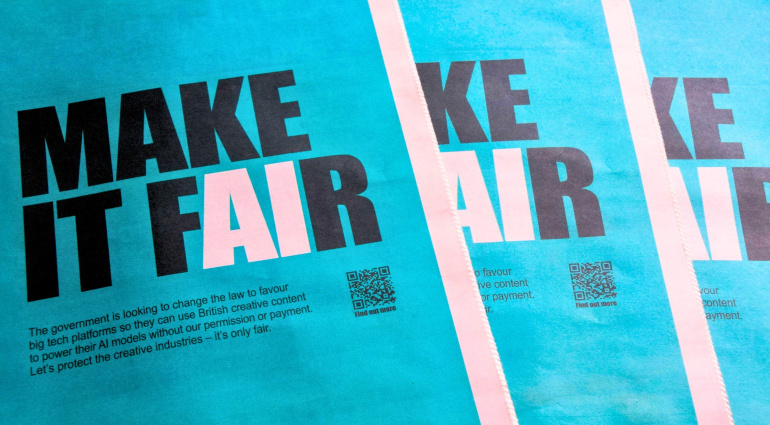

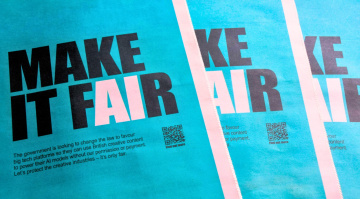

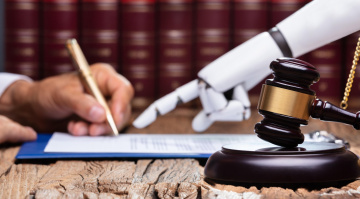
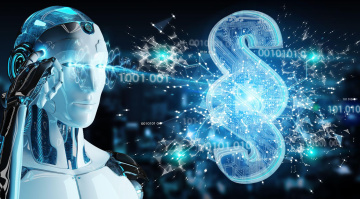

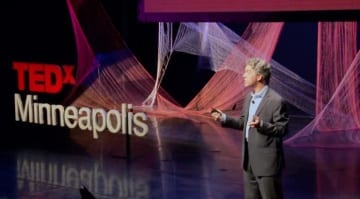
Seems that the major software companies no longer want to protect the professional composer. Apparently, Spitfire Audio has already started to merge with Splice. I believe that all composers, professional and non-professional, should create an international organization, supported by BMI, ASCAP, SIAE, and all the other copyright protection companies. This battle must be started to remove AI from the threat to individual creativity. But it seems that everyone is only looking out for their own interests…
I feel threatened because I live only from music.
In order to develop their models and launch their pattern-detecting algorithms, it is indisputable that AI companies must cause a machine to reproduce copyrighted works or produce a new work derived from copyrighted works. They also distribute the work across a large network. These are three exclusive rights reserved to authors under federal law.
Normally, a company that wishes to engage in this kind of activity would simply license the works from authors. But AI companies, ostensibly competitors, have all pretty much decided not to license the works but use them anyway, effectively setting the price for these copyrights at zero.
That’s a mass devaluing of the world’s creative legacy — a huge cost in lost opportunities and jobs for real people. What’s more, it will create a dumbed down and derivative culture and, if left unchecked too long, a gaping empty hole where the next generation of truly fresh or novel creations should be. AI models may excel at producing different versions of works they have copied and analyzed (reassembled from enough different sources to avoid immediate liability for plagiarism) but they cannot break the mold and give us something truly new.
Absolutely anamdon and reset everything leaving IF at all AI to ONLY do technical work as in mathematical calculations or acoustics/tech stuff, NEVER ARTS!
Arts MUST come from beings with a heart!!!! Sentience is not enough.
Emotions must be the dividing factor for art
At the end, you will own nothing. And not only AI is the problem. I had to proof that my own track was from me that I had in my own publishing with an agreement at Sacem because some major label whom I hadn’t business with was mentioned as publisher, so they made the fault and I was the one that had to proof it. And the arrogance that I received while they should protect my rights. The only thing they had to do was doingacheck with the authors company from my country. If this is already a problem, how you think that AI will go…
There is more than enough copyright-free music and other forms of art out there for the AI companies to train their models on. There is absolutely no legitimate reason why they should have access to art that is under copyright without licensing it.